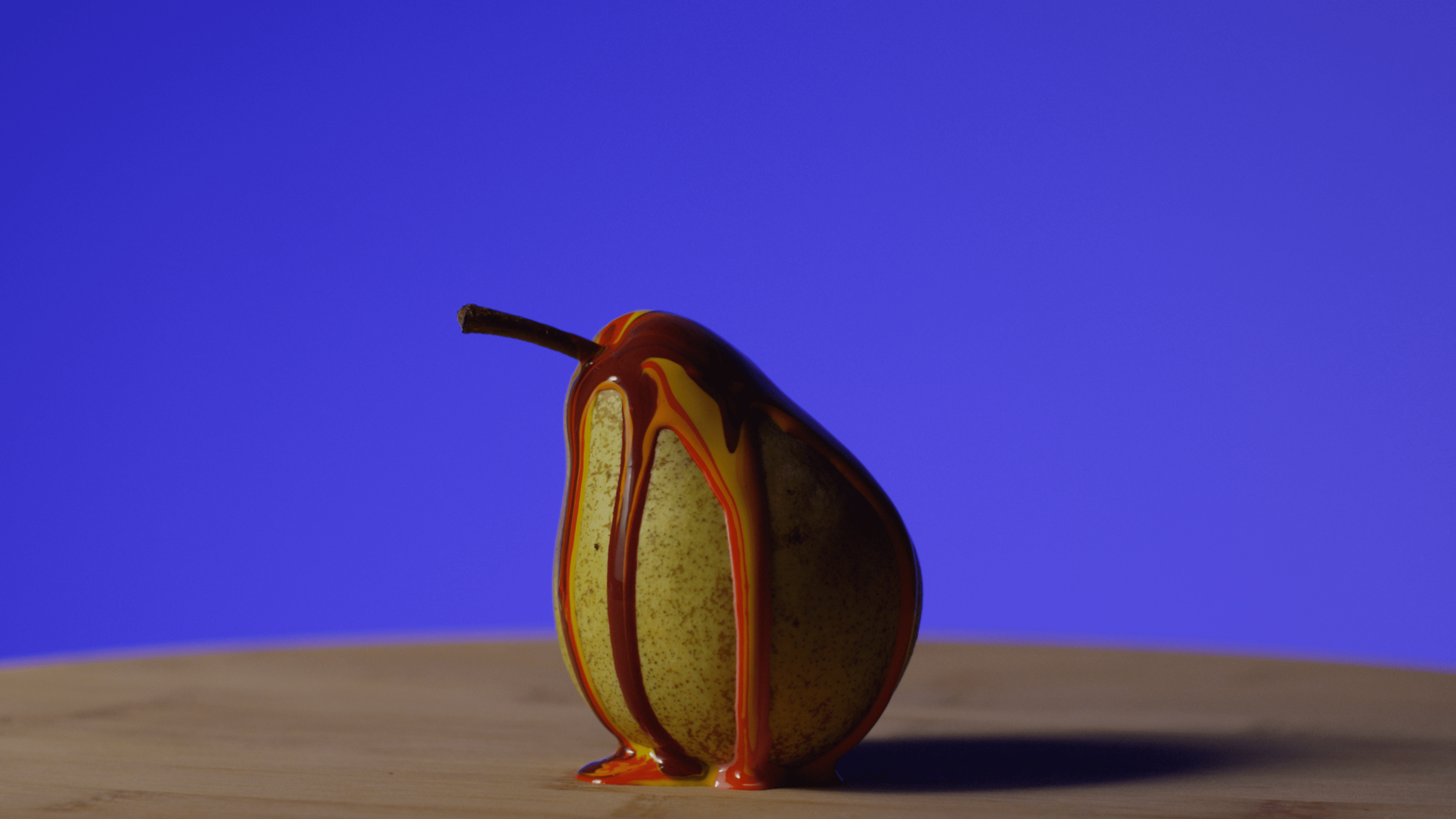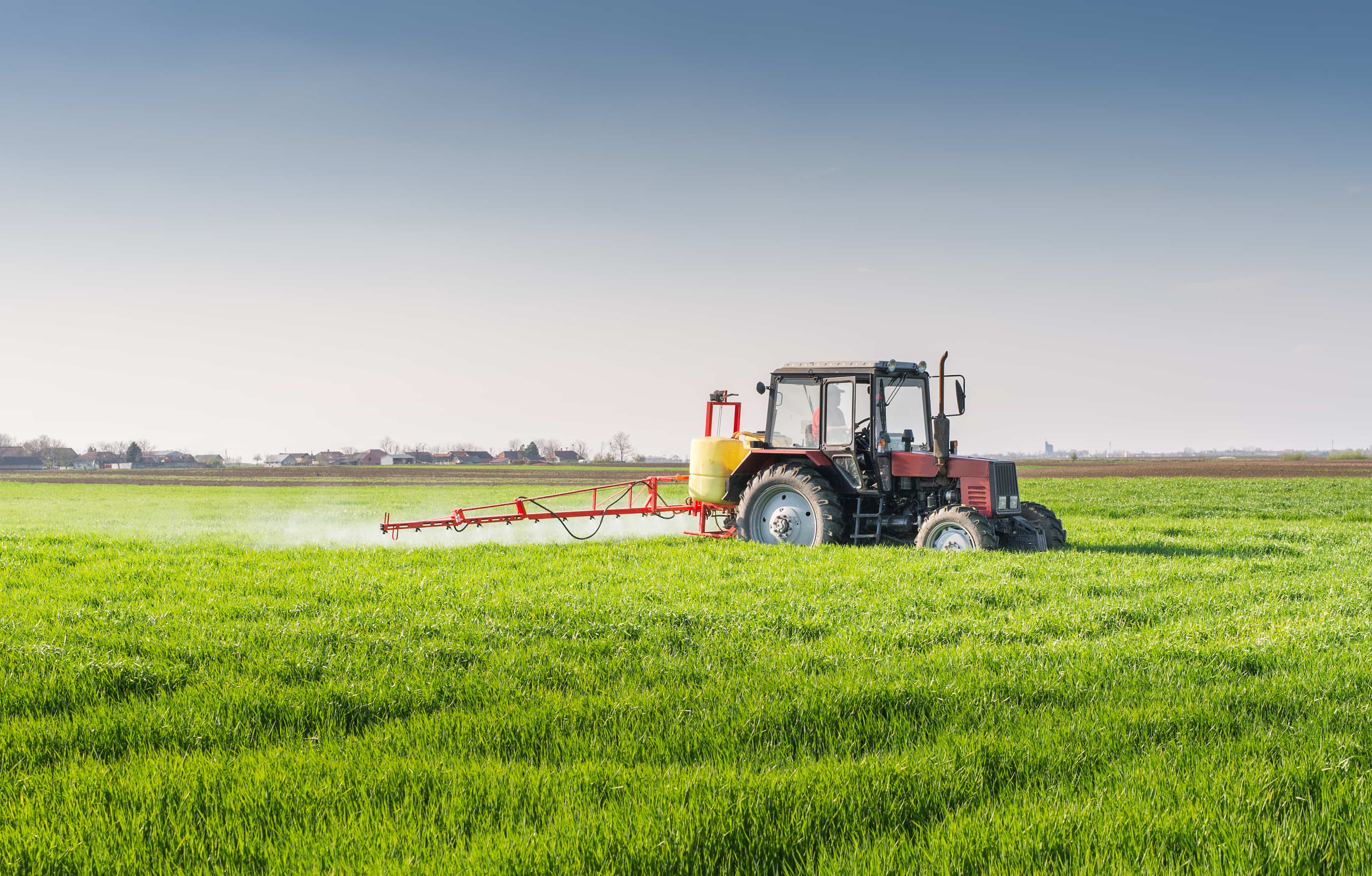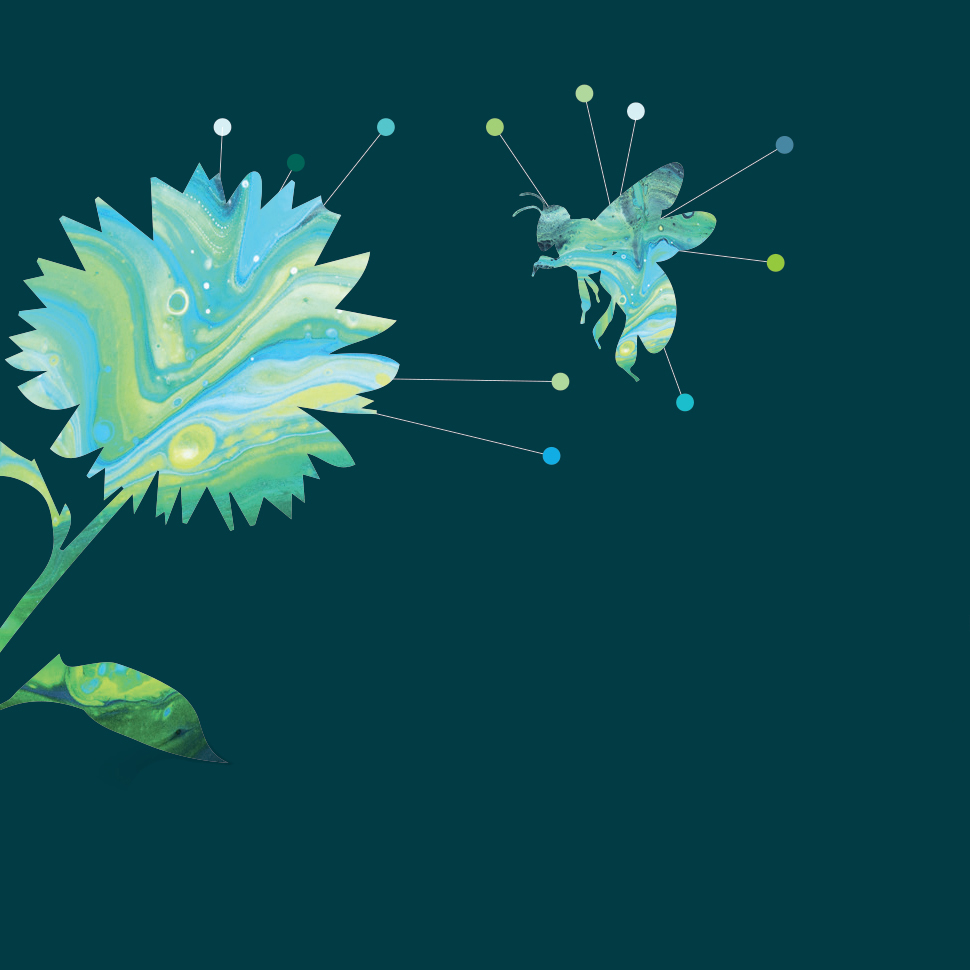Reducing pesticides

Reducing pesticides
The way we farm is damaging our climate, our wildlife, our soils and our health. We can solve these interconnected crises by changing the way that we grow food and what we put on our plates.
The overuse of pesticides underpin this current damaging system of farming – they are a major part of what needs to change.
What are pesticides?
‘Pesticides’ are chemicals designed to kill insects and other pests (insecticides), fungal diseases (fungicides) and weeds (herbicides). The vast majority are used in farming to grow our food, but they are also used in our parks, schools and even our own gardens.
In farms they are being used on an vast scale. Farmers have become reliant on them and they’ve found their way into our food, our soils, our rivers and our wildlife.

What's the problem with pesticides?
Scientists increasingly believe there is no safe level of pesticides for humans to be exposed to. Even tiny amounts that the Government currently consider are safe, could be damaging to human health.
There is growing evidence that pesticides become more harmful when combined, a phenomenon known as the cocktail effect. Some foods have been found to contain up to 14 different pesticides in a single item.
A farm could be using dozens of different types of pesticides each year. However, little is known about their combined impact on wildlife and nature.
What's more, what farmers grow and how they grow it have been specifically designed for high pesticide use aimed at increasing yields and little else. These kinds of conditions increase the need for pesticides. Meanwhile pests and disease can quickly develop resistance meaning crops must be treated more and more often and new, more potent pesticides are eventually needed.
The result is farmers are trapped on a ‘pesticide treadmill’ at the mercy of an exploitative system which is monopolised by only a handful of giant chemical companies that have enormous lobbying power over our government.
We know the solution
Banning individual pesticides (like neonicotinoids) isn’t the answer. History shows these come too late and are simply replaced with another pesticide. Instead, we need to urgently support farmers to fundamentally change how they farm. This is entirely possible without a reliance on pesticides, as organic farmers worldwide demonstrate. Using these greener farming approaches, known as agroecology, farmers aim to work with nature to create a more balanced system that doesn’t rely on pesticides.
We work directly with farmers on the ground to achieve this. Farmers can transform our farms and countryside into healthy ecosystems, capable of producing plentiful, high-quality affordable food, with low emissions and abundant wildlife. But Government need to regulate, incentivise and support farmers to make this transition.

What the Government needs to do
- Support UK farmers to transition to whole farm agroecological systems. For example, through payment incentives and putting farmers back in the driving seat when it comes to research and innovation.
- Ensure that post-Brexit, there is no lowering of environmental or health standards as a result of any new trade deals, and that any food that we import meets these same standards.
- Introduce a clear, quantitative target for significantly reducing the overall use of pesticides in agriculture.
Modelling an agroecological future
In 2019, the ‘Ten Years for Agroecology in Europe’ report showed how it would be possible to provide a sufficient and healthy diet to a growing population using ecological farming - without the use of pesticides.
We are producing a UK model, showing how ecological farming can not only feed the population without relying on pesticides, but also tackle climate impacts and wildlife decline.

Our Pesticide Cocktail Effect report
The report highlights the fact that multiple pesticides are sprayed on the food we eat and on our countryside without a true understanding of the impact on human health and wildlife. By putting the evidence and our key asks in front of government, we aim to influence changes to regulations and the latest National Action Plan on pesticides.
Supporting farmers to lead on pesticide reduction
Programmes such as our Innovative Farmers enables farmers to trial solutions to their most pressing problems, without the use of pesticides. Currently less than 1 percent of agricultural research funding goes straight to farmers. We will call for this to change to at least 10 percent.
What you can do
- Donate to help us to stop pesticides killing our bees.
- Buy organic. Organic food is produced without the use of pesticides.

We need your support to create a pesticide-free future
Become a member today and together we will transform food and farming – on the ground working with farmers, on the streets campaigning with our communities, and in Parliament lobbying policy-makers.

